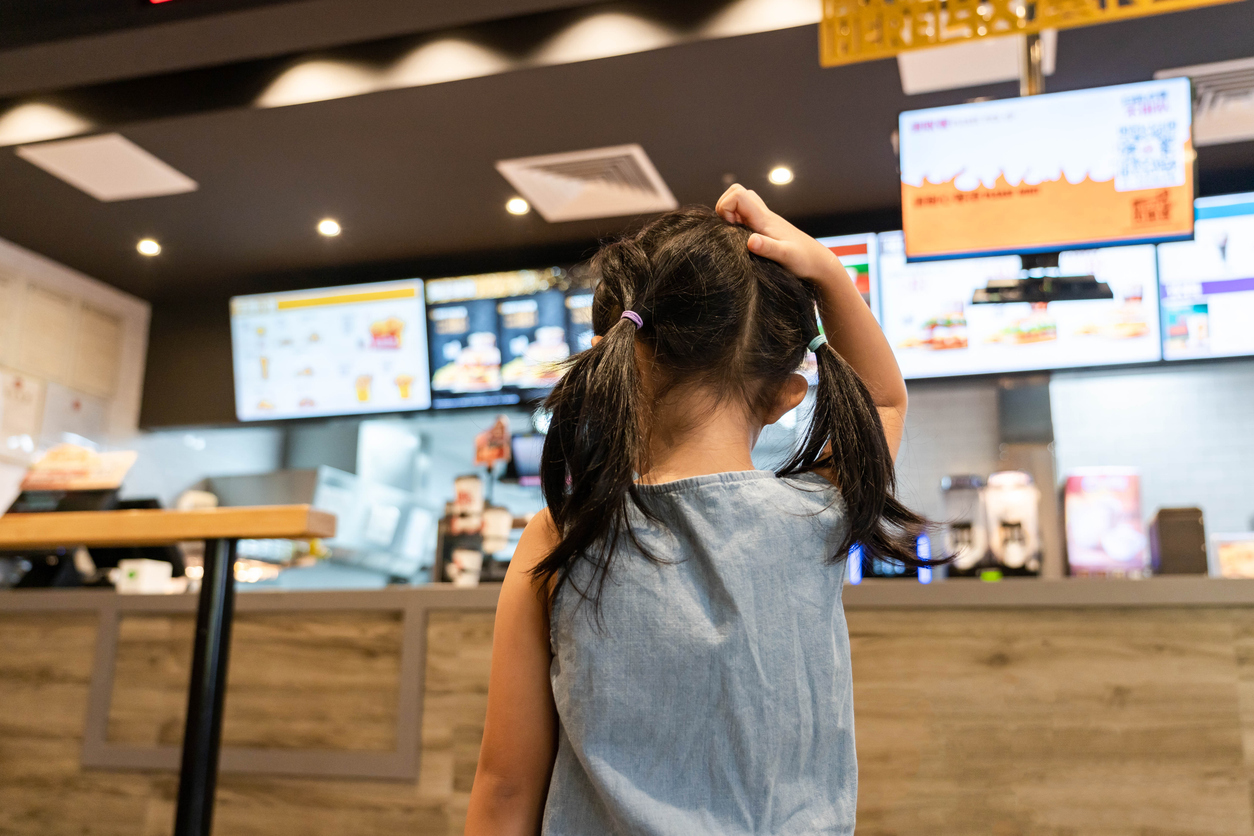In the high-pressure world of restaurant operations, your team is your most critical asset. Unlike other industries, restaurants demand extraordinary teamwork, quick thinking, and consistent performance under intense daily challenges. Engaged employees drive decreased turnover rates, foster a positive workplace culture, and enhance the bottom line.
But what exactly makes an engaged restaurant team? It's more than just job satisfaction—it's about creating an environment where staff feel valued, connected to the restaurant's mission, and inspired to contribute their best daily efforts.
Explore 10 proven, actionable strategies to boost employee engagement in your restaurant. These approaches will help you transform your workforce into a cohesive, passionate team and turn your restaurant into a successful enterprise.
Fostering A Positive Work Culture
A good and positive work culture is the basis of any successful restaurant. It's about creating a workplace where employees feel valued, respected, and part of a team. When it is based on trust and mutual support, the culture can strengthen morale and motivate employees to give their best every day. Managers play a key role in setting the tone, being fair, and addressing conflicts promptly.
To build this kind of culture, restaurants can:
- Organize team-building activities.
- Promote open discussion and feedback to make them feel heard.
- Show through actions, not policies, the values of this company.
Implementing Effective Onboarding Processes
Effective onboarding helps new hires feel confident and prepared to contribute quickly. A well-structured process gives employees the tools and knowledge they need to succeed. It also reduces turnover, as employees who feel properly trained are likelier to stay.
Restaurant owners should provide a detailed training schedule covering all job aspects. They can pair new hires with experienced mentors for guidance and clearly explain the restaurant’s mission, vision, and expectations.
Encouraging Staff Autonomy
Allowing employees to make decisions within their roles fosters a sense of ownership and responsibility. When staff feel trusted, they are more engaged and proactive. Autonomy also empowers employees to resolve minor issues independently, reducing dependence on managers and streamlining operations.
To encourage autonomy, follow the following terms:
- Set clear expectations but allow flexibility in how tasks are completed.
- Involve employees in decision-making processes that affect their work.
- Provide regular feedback and support to help them grow in their roles.
Establishing Transparent Communication Channels
The restaurants must embrace adequate, clear communication channels to develop more effective cooperation. Clarity in communication reduces conflicts, encourages collaboration, and motivates everyone to work towards a common purpose.
73% of employees use digital communication tools to improve their workplace communication. Implementing more digital tools can enhance restaurant employee engagement and raise the percentage of those who feel their employer communicates well.
Recognizing Employee Contributions

Appreciation for your employees' hard work is one of the finest motivators toward happiness. If staff feel valued, they are more likely to be engaged and give their best. Additionally, recognition helps to create a positive work environment where everyone values what they bring to the team.
There are many easy ways to show your appreciation.
- Saying "thank you" for a job done perfectly, privately or in front of the team.
- Highlighting an employee’s efforts during a team meeting.
- Reward exceptional performance with small incentives, such as gift cards or extra days off.
Take time to recognize their contributions to boost morale and create an atmosphere where employees want to improve. Acknowledgment shows them that whatever they do has meaning and will help foster loyalty and dedication.
Offering Professional Development Opportunities
When restaurants provide their employees with opportunities to grow and develop within the organization, it enhances their job satisfaction and encourages them to stay longer. It shows that the team is valued and that growth matters if the restaurant invests in skill development.
Examples of helpful programs include:
- Leadership training
- Customer service workshops
- Job-specific skills include pairing food with wine or knife skills for chefs.
- Mentorship programs can also support employees toward their goals.
People look back at their employer, knowing it's putting value into their future; they will be loyal and give extra effort. A career growth-friendly culture retains high performers and attracts competitive candidates who want to be part of a team that helps its members succeed.
Celebrating Personal Milestones
Acknowledge that the employee has achieved personal milestones. Celebrate birthdays, work anniversaries, and other accomplishments to help them feel connected and a part of the team. Efforts to recognize simple achievements can make a lot of difference in an employee's perception of their workplace.
Some ways to celebrate milestones include:
- Hold a small birthday celebration with cake or treats at a team meeting.
- Offering personalized thank-you notes or small gifts for work anniversaries.
- Identifying personal accomplishments, such as receiving a certification or achieving an important personal objective.
Celebrating these moments shows the employees that their life outside work is significant. It creates a positive and uplifting working environment, enhances morale, and creates a more cohesive and robust team.
Providing Competitive Compensation
Competitive compensation is the most important factor in attracting and motivating employees in the restaurant industry. It’s a big advantage to be seen as an employer when a restaurant can afford to pay better wages and offer attractive benefits.
The restaurant can frequently conduct compensation audits to determine whether it pays its workers adequate wages or offers better wages than other businesses.
Frequent changes to the compensation structure maintain market and performance condition competitiveness. Because good workers are hard to find, restaurants must offer better pay and bonuses. This helps keep employees happy, improves their work, and makes them less likely to quit.
Promoting Work-Life Balance
It is important to take care of the restaurant's employees and ensure they get reasonable rest and enough time off to prevent problems caused by stress that can affect their work accomplishment and happiness.
Another way to manage excess work is to split shifts, where the subordinates can choose their coming-in and going-home times. Time off is useful to avoid getting weary, especially during the busiest hours.
The restaurant promotes and maintains a work-life balance, encouraging workers to be physically and emotionally fit. Then, they work harder because they have a good job and are content with what they do.
Utilizing Technology To Streamline Operations
Technology is the simplest way to make a restaurant work less heavily and smoothly. For example, technology helps staff free up more time from struggling through repetitive tasks, spending more time interacting with and pleasing customers rather than automating routine work. Proper tools, from scheduling orders to effective communication, can save time and reduce stress.
Some examples of technology that can streamline operations include:
- Digital Scheduling Platforms: Manage the shifts, avoid conflicted time blocks, and ensure proper staffing.
- Point-of-sale (POS) Systems: Speed up order-taking and payments, reduce errors, and improve customer satisfaction.
- Team Communication Apps: Instant messaging in them connects and updates everyone very quickly, especially during hectic shifts.
By adopting these tools, restaurants can improve efficiency, enhance employee productivity, and provide a better dining experience for customers.
Improve Your Restaurant Workflows With Checkmate
Integrating Checkmate into your restaurant's operations can help ensure your online ordering solutions operate smoothly and orders funnel into the kitchen in a manageable way. Reducing order errors with fully integrated technology means your staff will have more time to provide fantastic service and spend less time troubleshooting problems. Book a custom demo and see how our solutions enable you to beat your digital goals and raise your restaurant enterprises.





